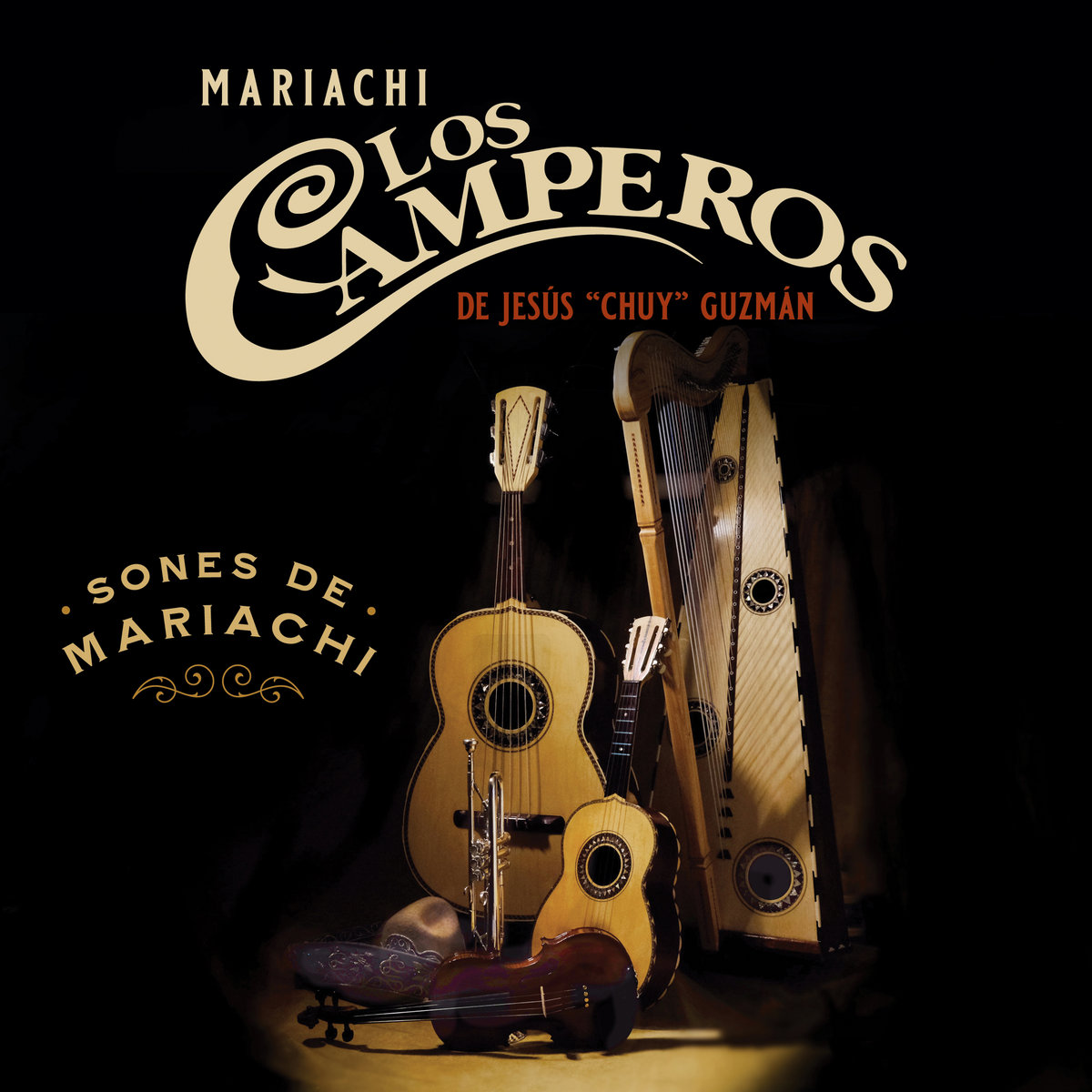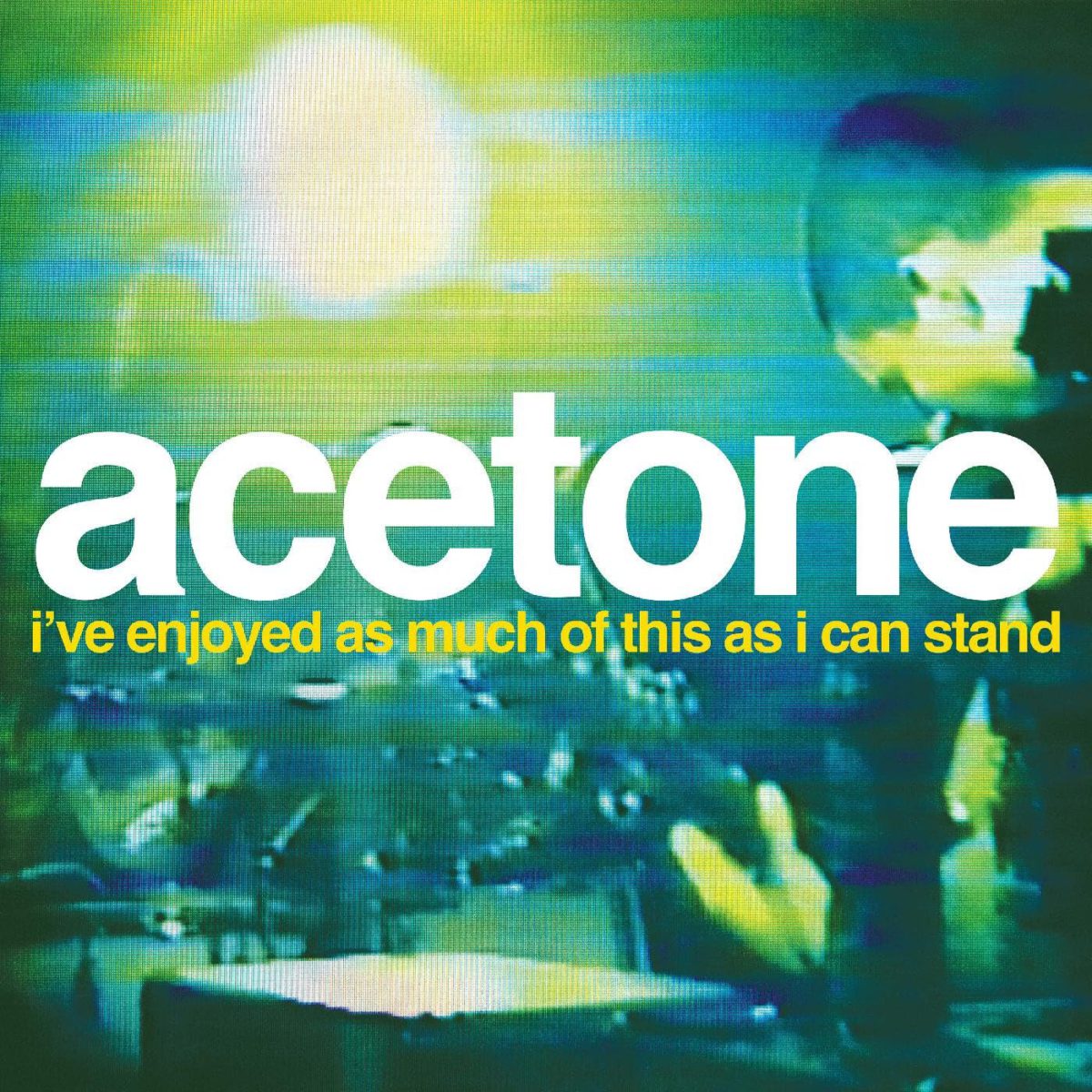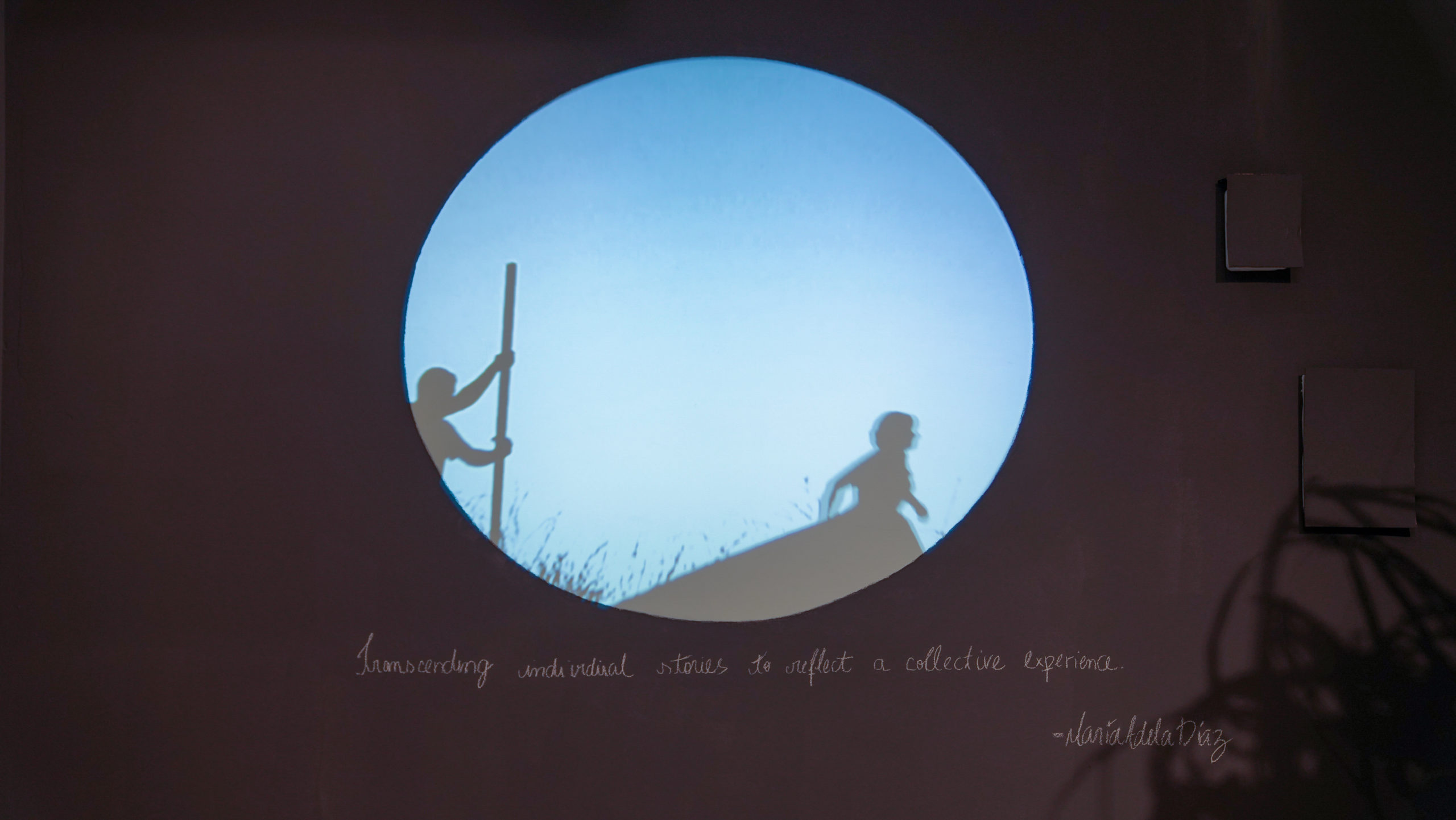Mariachi Los Camperos’ latest album, Sones de Mariachi

Sones de Mariachi
Mariachi Los Camperos
Folkways Records, 2024
$9.99 (Digital), $16.99 (Compact disc)
A thousand flowers will bloom. Music that guides the body is music that offers the body what it seeks. Mariachi Los Camperos’s latest release on Folkways Records, Sones de Mariachi, is an album of strength and uninhibited voice—of freedom, that connects the listener with an entrancing, sometimes agrarian, worldview. Los Camperos re-arranges fifteen fast-paced Mariachi classics to speak to our present condition, a melancholic, exhausted, hyper-modernizing world. It’s a world that longs for ontological stability and a sense of inner and communal peace: in other words, a life well lived.
“Este son de Michoacán.” “This song is from Michoacán,” they sing in tandem on “The Son of Dog,” violons ablaze. This is music from Mexico. Founded in 1961, during the early years of the Chicano movement, Los Camperos is best known in the United States for backing Linda Rondstadt on her album Canciones de Mi Padre. But they have been groundbreaking even if their musical tradition has been obscured by LA’s mythology of LA music, like the “Laurel Canyon” scene and other hegemonic moments in American music history.
What is this tradition? It’s the path to joy and stability—the journey of Mexicans in LA—and it is most infectious in this album. Listen to “El Palmero” and hear the cosmic gallantry of shoes and dresses that aren’t purchased on Sunset Boulevard, but should be. The woodwork of a Mariachi’s vihuela, chatting, riffing, rapping along to a violin or a harp, about a laborer who climbs palm trees for coconuts while he thinks of the woman he loves. It’s an image painted a million times, in the Caribbean and in Latin America, as a way of breaking and mending a laborer’s life into a mosaic of colorful pieces.
In “The Four Cards,” the singer asks “Señora, si usted quisiera hacerme una caridad,” or “Missus if you’d like to, please offer me a gift,” in language that takes its time with “lover’s discourse,” to use Roland Barthes’ concept without bringing in the heaviness of French theory. The city that hosts this discourse is one where ends don’t have to justify the means and dialog is wholly a part of lovemaking.
Mozart’s “String Quintet in G Minor” comes to mind, as do his folk themes like the Magic Flute. The singing in “El Toro Viejo” invites us to meet the vaquero, as well as other characters from a distant mythology. The same goes for both the camperos and the caporal in “El Toro Antejuelo,” “dying of a hangover / with a pistol in hand / saying to Los Camperos / play El Toro again.” Flourishes of strings and horns, along with harp overtones, assure us this is a worthwhile and meaningful mythology, people and places worthy of meeting. “El Tranchete” (The Knives), an acoustic song, invites us into a world of knives curved like ocean waves, during a time when Spain was Arab and Andalusia was something like California, its markets full of different varieties of dates, its music entrancing, and its academic life legendary. Joy, as heard in “El Tranchete,” grounded in strength, courteousness, and humor, is the constant this music promotes. Almost a work of prophecy, it invites us to conjoin in dance, in a moment of social cohesion, to find humor in meaningfulness.
“Ay bonito,” how beautiful, the choir sings in “El Cuervo.” I’d love to take a walk with Jesús “Chuy” Guzmán through Los Angeles, not as a journalist, but as a friend, as the narrator in Herman Hesse’s Steppenwolf does with Herr Pablo, leader of a jazz band. A narrator who can think and write courageously but can’t dance is, in the end, out of step. “You need me to teach you to dance, to laugh, to live,” Hermine, who introduces him to Pablo, tells the narrator.
I’d ask Guzmán about the bull, the donkey, and the sparrowhawk, all titles from the album. In a city in love with the mariposa—the butterfly—what is a donkey? Humor is the foundation of better living. This is the philosophy traditional music offers our trying time. It’s high time not just Los Angeles county considers this gift, this living tradition—a mythology in song—but the rest of the world too.




